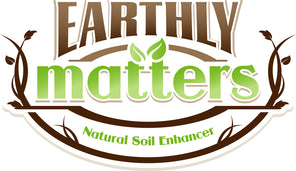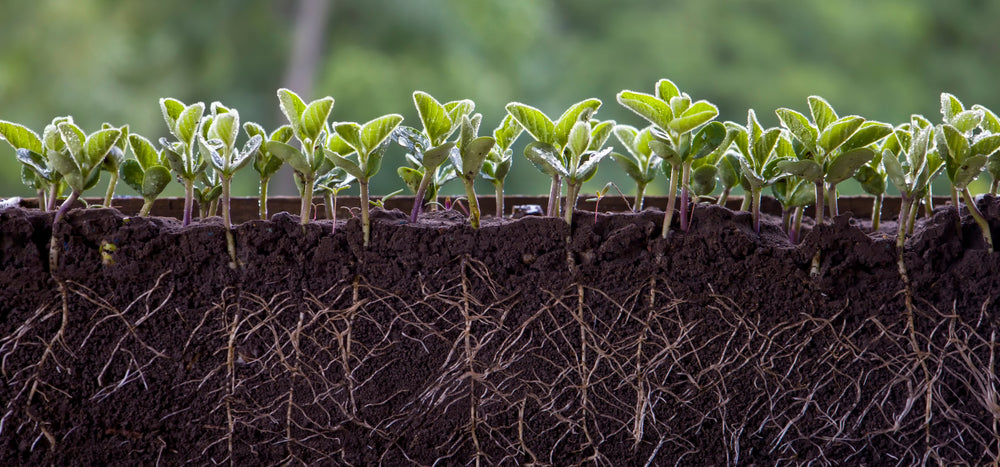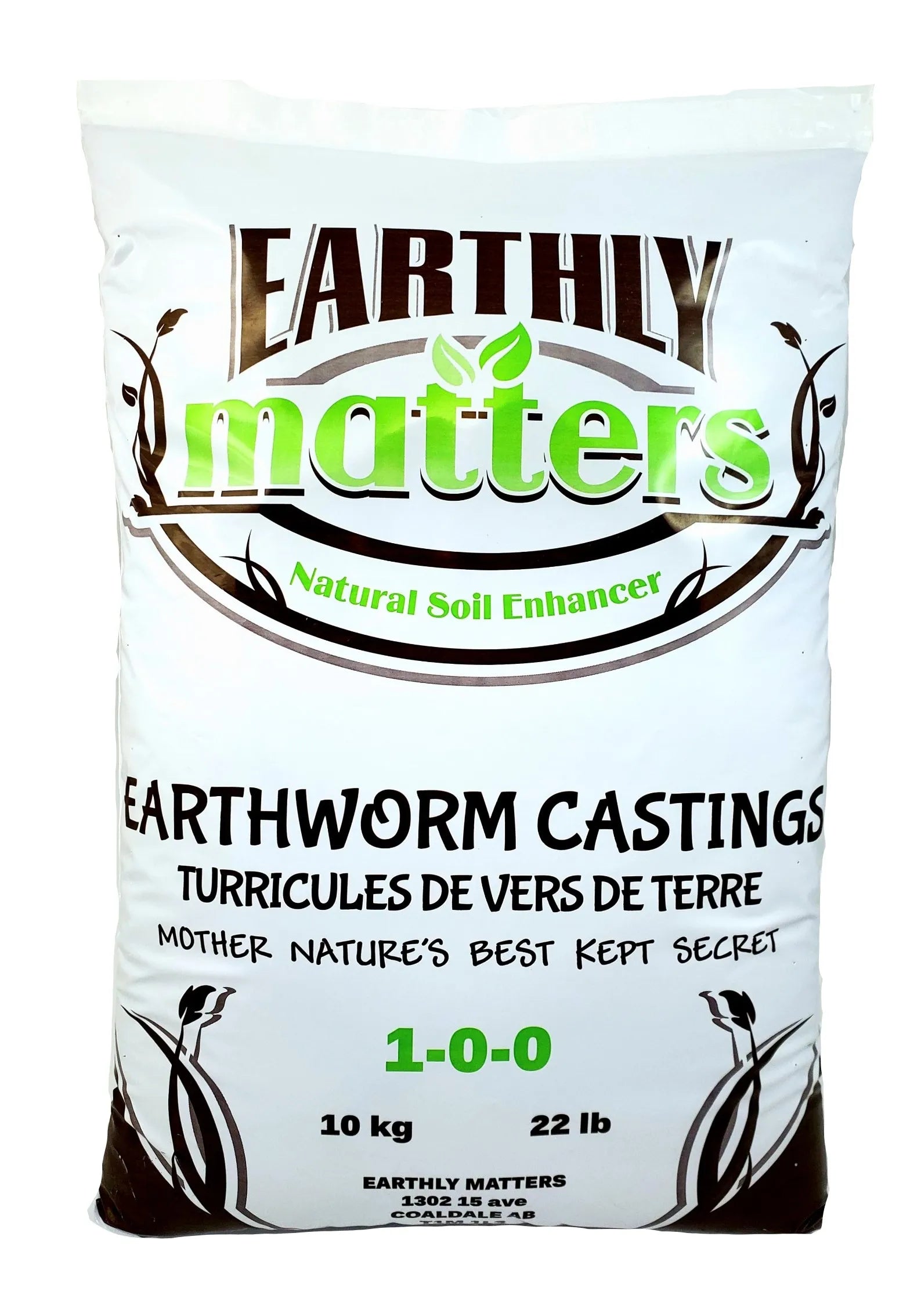Introduction: The Challenge of Soil Degradation
Soil degradation is a significant global challenge threatening the health of our environment and the future of our food supply. Intensive farming methods, deforestation, and climate change are some of the factors contributing to the loss of soil fertility and structure. This calls for sustainable and regenerative approaches to restore the health of our soils, and one such method is the use of worm castings.How Worm Castings Help Reestablish Soil's Natural Ecosystem
Worm castings, or worm poop, are the end product of vermiculture (worm farming). They are a rich source of nutrients, beneficial microbes, and enzymes that can help restore the soil's natural ecosystem.The nutrient profile of worm castings is more balanced than most composts, making them an excellent soil conditioner. They improve soil structure, increasing its ability to hold water and nutrients. Additionally, worm castings introduce beneficial microbes that promote soil fertility and aid in the decomposition of organic matter, enriching the soil and making nutrients more accessible to plants.
The Nutritional Profile of Earthly Matters' Worm Castings
At Earthly Matters, our worm castings are produced with a focus on quality and consistency. From the selection of worms to what we feed them, we ensure a quality-first perspective to provide the highest performance product possible. Our worm castings contain a variety of nutrients essential for plant growth, including nitrogen, phosphorus, and potassium, along with a host of micronutrients.Moreover, the beneficial microbes present in our worm castings help to break down organic material in the soil, releasing even more nutrients for plant use. The result is a healthier, more vibrant soil ecosystem that supports robust plant growth and higher crop yields.
Real-World Success Stories of Soil Regeneration Using Worm Castings
While I was unable to retrieve specific success stories at this time, numerous reports and studies highlight the effectiveness of worm castings in improving soil health and crop yield. For instance, studies have shown that the application of worm castings has led to significant positive effects on rice yield, and maize grain yield increased by up to 180% over the control when worm casts were applied123. Such successes underscore the potential of worm castings in promoting soil regeneration and sustainable agriculture.Conclusion: The Power of Worm Castings in Achieving Regenerative Agriculture
Regenerative agriculture aims to improve the resources it uses rather than depleting them. By enhancing the soil’s natural ecosystem, worm castings are an effective tool in achieving this goal. They offer a natural, sustainable way of improving soil health, boosting crop performance, and promoting overall environmental health.At Earthly Matters, we are committed to empowering individuals with the knowledge and tools they need to make a positive impact on the environment. By harnessing the power of worm castings, we can work together to create a healthier and more sustainable future.



